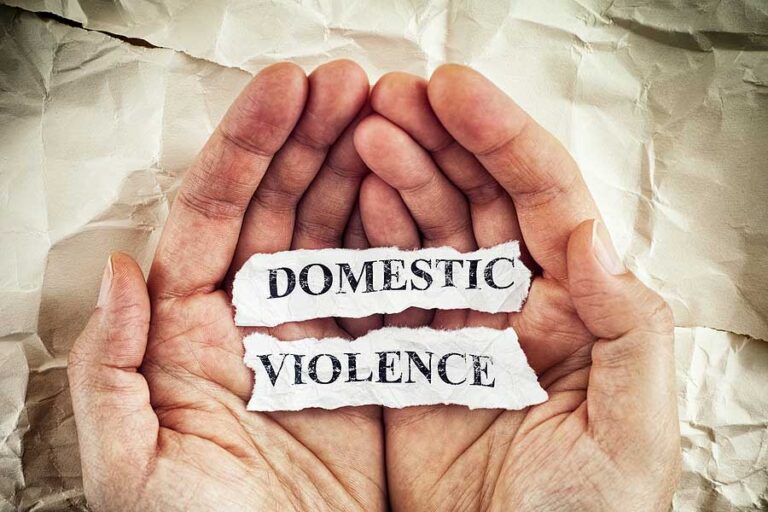Causes and Signs of Domestic Violence
There are many causes and signs of domestic violence. The abuser will put you down, compare you to others, blame you for everything, and deliberately break things of value. He or she may threaten violence, push, or grab you, force you to have sex, or harm family members or pets. The abuser may not be able to stop the violence, but the effects are often irreversible. To learn how to prevent domestic violence, read on.
Types of Domestic Violence
Domestic violence has many forms, with different shades of abuse. Each abuser may use a different set of behaviors to achieve their personal goals: power, control, or humiliation. Regardless of the form, the end result is the same: the victim feels devalued, humiliated, and/or abused. Here are some examples of domestic violence. All of these behaviors are examples of abuse. There is no single definition for these behaviors, but the following list is intended to illustrate how each one can affect a victim.
Sexual abuse is one of the most common types of domestic violence. This includes assault, rape, harassment, unwanted touching, and demeaning behaviors. Some victims do not realize how broad the definition of sexual abuse actually is. Even preventing the victim from using contraception or having an abortion is considered a form of sexual abuse. And if an abuser forces a victim to have sex with someone else, this is considered reproductive coercion.
Causes of Domestic Violence
Many people believe that the causes of domestic violence stem from learned behavior. In fact, it is the abuser’s choice to behave in such a way. However, this is not necessarily the case. Children are often the victims of domestic violence, and the children’s presence only complicates the situation. The victims are often afraid to seek help because they believe that they will lose their children if they seek help. Here are some causes of domestic violence.
Psychological issues are another cause. Many women who are abused are prone to depression, anxiety, and drug abuse. Many men who don’t abuse their wives and children suffer from psychological problems and lack the parenting skills necessary to provide for their families. Poor health, poor job skills, and alcoholism all play a role in domestic violence. While neither of these causes is always directly related to abuse, they are often correlated.
Effects of Domestic Violence
Physical injuries suffered by victims of domestic violence can increase the risk of new conditions later in life. Traumatic brain injuries are related to the development of Alzheimer’s disease. Additionally, mental health issues from domestic violence can leave victims doubting their abilities, feeling hopeless, and unmotivated. Anti-anxiety and anti-depressants may help victims deal with the psychological effects of domestic violence. Further, victims may receive treatment for other conditions.
Psychological symptoms of domestic violence may include bruises, black eyes, and cuts. Some women may experience menstrual cycle disturbances, while others can experience difficulty in conceiving children. These physical effects can cause ongoing mental and emotional issues that may affect subsequent relationships. Victims of domestic violence are three times more likely to develop mental health issues and reckless behavior. Domestic violence can also lead to the development of sexually transmitted diseases.
Ways to Prevent Domestic Violence
There are many ways to prevent domestic violence. You can do your part by speaking out against abuse. You can invite a domestic violence organization to speak to your neighborhood watch group, school, or block association to discuss how to prevent domestic violence. You can also make a donation to a counseling program if you suspect that you live in an area where domestic violence is a common problem. This holiday season, be extra vigilant! Read on for more tips to protect yourself from this type of violence.
Another way to prevent domestic violence is to intervene. Although it is important to support the victim, intervening in the situation can be dangerous, especially if the abuser is armed or drunk. Always have back-up when assisting victims. You can also help by sharing information about the problem with other survivors. In addition, you can use your voice to advocate for changes in the law and society. These actions will make a difference.



